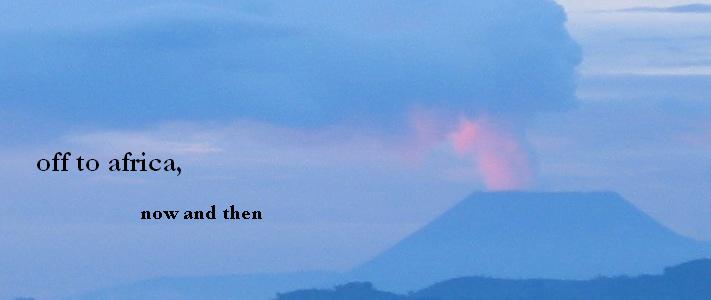Illustrative story:
I called Citibank this week (I am not even bothering to disguise their name. Citibank: please google yourself and find this, and know that I hate you. Hate, hate, hate. HATE.) Anyway, I called Citibank this week to try to organize my student loans, which I have been trying to do for literally three months and things never all come together at the same time long enough to settle my accounts, and I explained to them what I needed in order to be able to make my payments. (This is a long story; it has to do with documentation that my law school needs and paperwork that Citibank needs to fill out, and timing, and blah blah blah.)
The woman to whom I spoke at Citibank Student Loans said, and I quote, "We don't care if you repay your loans. If you don't pay them, we'll get the money from the insurance company."
Double-you. Tee. Eff.
Here I am, trying to repay my student loans, as one ought to do with money that one has borrowed, and Citibank DOES NOT CARE if I pay them back, because they have insurance, probably paid for with taxpayer dollars. In fact, it is probably easier for them to get the money from the insurance than from me. After all, it will take years to get it from me in my little dribbling payments every month. All that bureaucracy. Better to just get it back in one swoop from the insurance company.
Meanwhile, Citigroup wanted to buy a $50 million corporate jet, until Wonderful-President-Obama laid down the law.
This, my friends, is why banks are broke: they have stopped acting as sustainable businesses. They are not just lending out money that they know cannot be repaid, they are lending out money that they don't WANT to be repaid.
What they want, of course, is bailouts. So they can pay their bonuses. And not bother with all those pesky BUSINESS DETAILS.
Word. The free market has failed. Greed has won. NOW can we finally regulate this nonsense?
(I mean regulate in a useful manner, obviously. I know that there are already regulations, but they don't seem to working so well, do they? Well? Do they?)


